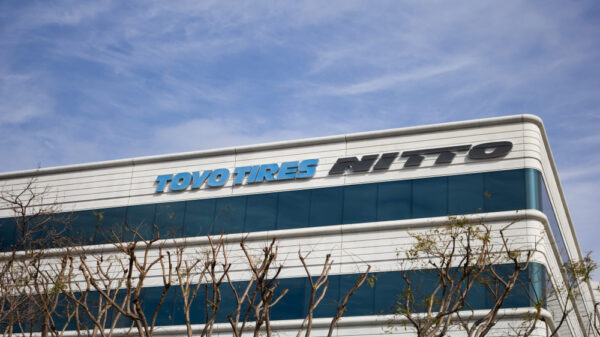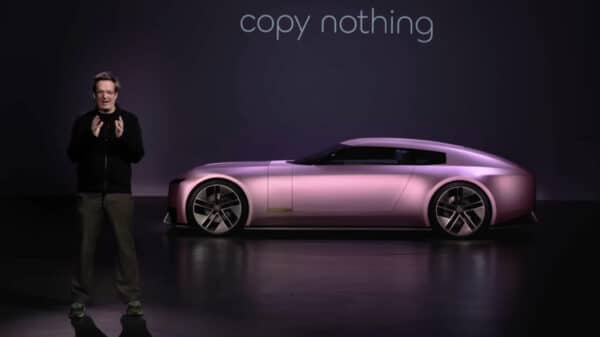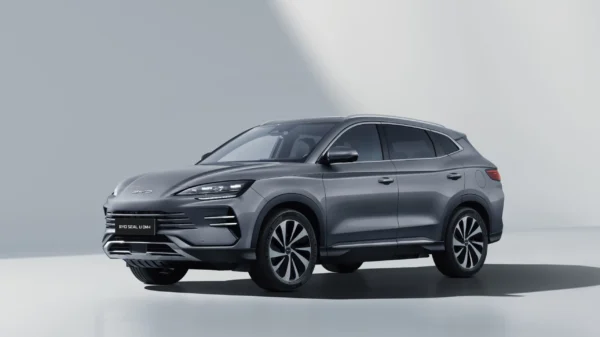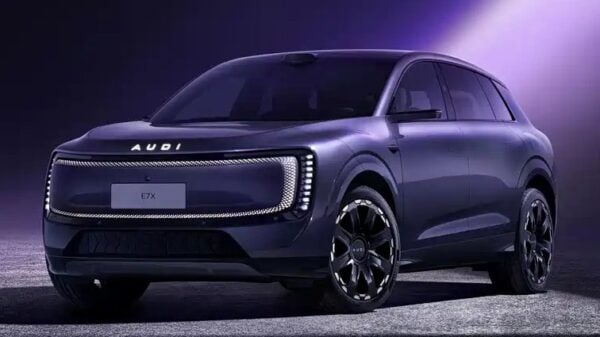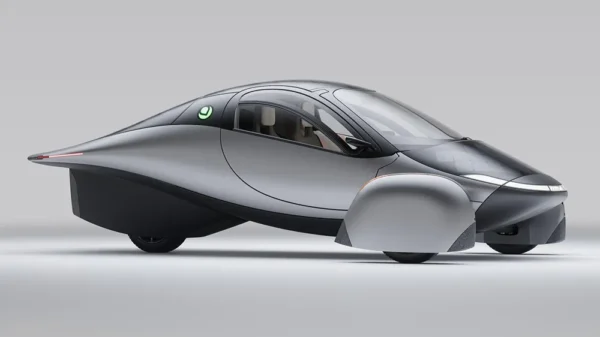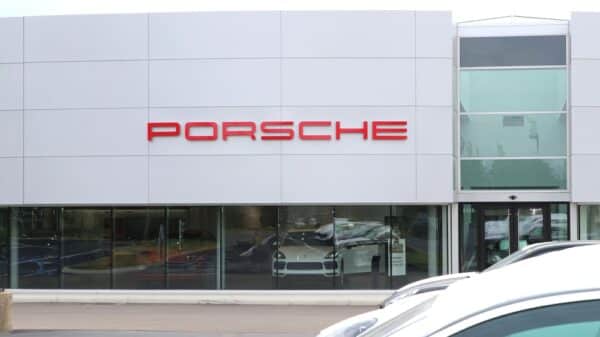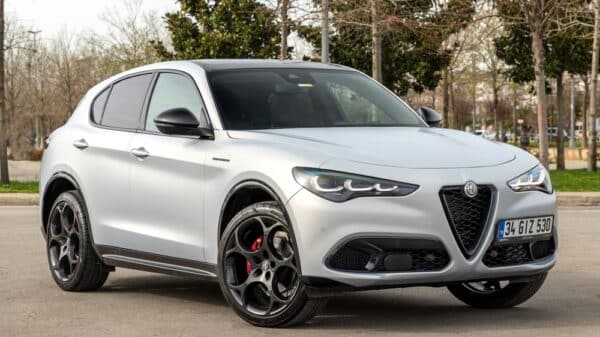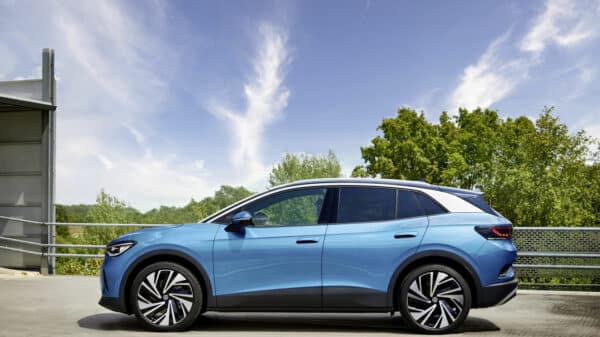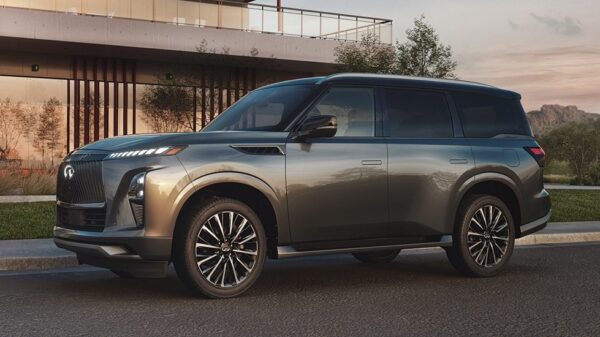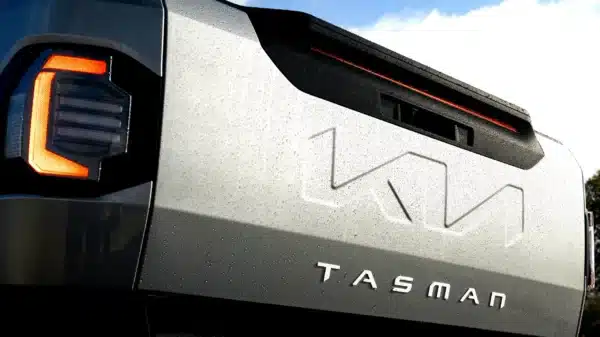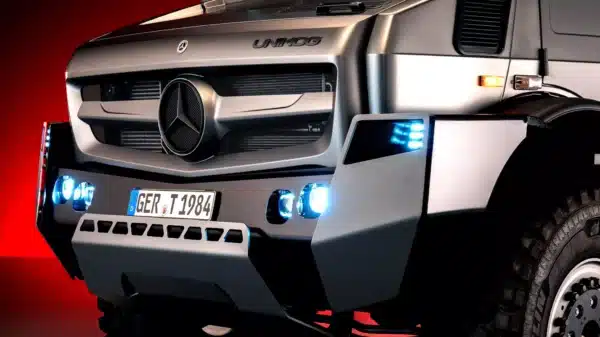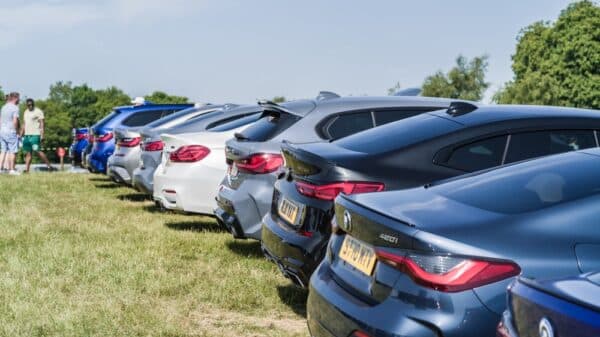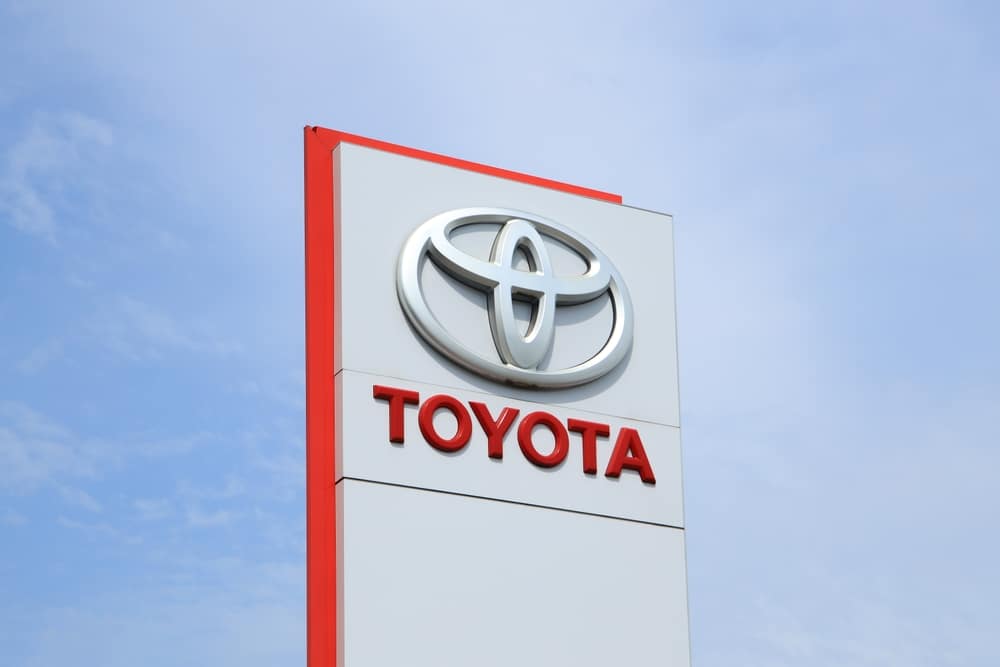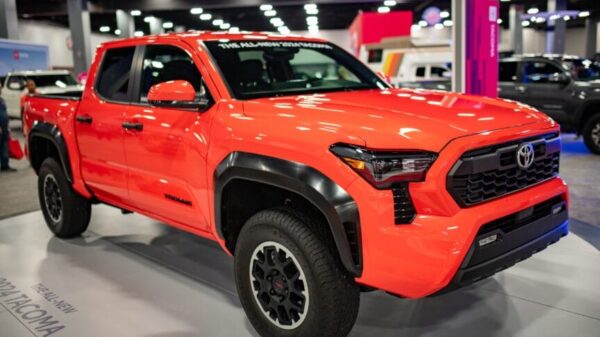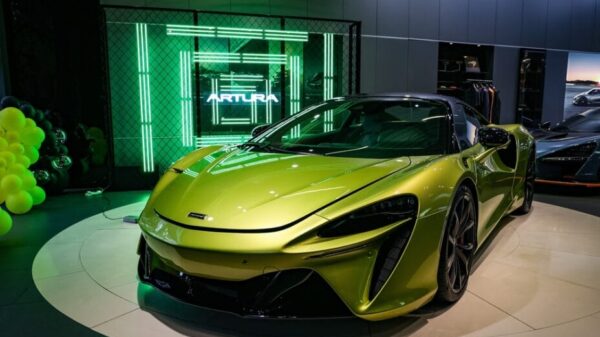Toyota is taking significant steps towards revolutionizing the electric vehicle (EV) market with its development of solid-state batteries. The automaker has secured a partnership with a supplier for the crucial cathode materials, slated to begin production in 2028. In addition, it has entered into an agreement with another company for the solid electrolyte, a key element in solid-state battery design. The company anticipates unveiling its first solid-state-powered EVs by as early as 2027.
The Promise of Solid-State Batteries
Solid-state batteries hold the potential to overcome many limitations associated with current lithium-ion batteries used in EVs. Promising a lighter design, enhanced safety, and faster charging times, these advanced batteries are, however, still in the nascent stages of production. The complexities of manufacturing and high costs have hampered widespread adoption, but Toyota has been diligently developing this technology for several years.
The recent agreement with Sumitomo Metal Mining aims to facilitate the mass production of cathode materials, with operations expected to commence in the fiscal year beginning April 2028. A representative from the company stated, “We will prioritize supplying Toyota and respond flexibly to market demands.” This strategic move reinforces Toyota’s position as a frontrunner in the EV sector, especially with its notable patent portfolio in solid-state technologies.
Innovations in Hybrid Vehicles
Contrary to expectations that Toyota’s first application of solid-state batteries would be in a fully electric vehicle, reports indicate the automaker might initially integrate this technology into its hybrid models. This decision could serve to enhance the appeal and competitiveness of Toyota’s already successful hybrid lineup. By transitioning to solid-state batteries in hybrids before introducing them in larger EVs, Toyota may be adopting a pragmatic approach to rolling out this new technology.
Key Components of Solid-State Batteries
In the realm of solid-state batteries, the solid electrolyte—lithium sulfide—plays an equally pivotal role. Idemitsu Kosan, one of Japan’s largest oil refiners, is poised to deliver this essential component. The effective combination of high-performance cathode materials and robust solid electrolytes is vital for unlocking the superior characteristics that solid-state batteries promise.
Competition in the Solid-State Battery Market
Despite Toyota’s advancements, it faces fierce competition from rivals such as Mercedes-Benz and BMW, both of which are currently testing solid-state prototypes on public roads. Additionally, Nio has already introduced what it refers to as a semi-solid-state battery in its ET5 and ET7 models available in China. While not widely on offer, this technology allows for battery swaps during long distances, boasting an impressive claimed range of over 650 miles.
Chinese automotive manufacturers have also entered the fray with various semi-solid-state battery options, though their energy densities fall short in comparison to Nio’s. The BMW i7 solid-state prototype achieves an astounding energy density of 390 watt-hours per kilogram (Wh/kg) but remains a testing platform rather than a production model.
Future Outlook and Considerations
As developments in solid-state battery technology progress, Honda is another contender with plans to produce solid-state cells reported to be significantly smaller, lighter, and more cost-effective than traditional lithium-ion batteries. However, specific timelines for mass production remain unclear.
It is essential to recognize that conventional lithium-ion batteries continue to evolve and improve. Once manufacturers like Toyota and others successfully integrate solid-state batteries into their vehicles, the automotive industry will gain a clearer understanding of whether this technology is indeed the groundbreaking innovation it promises to be.




